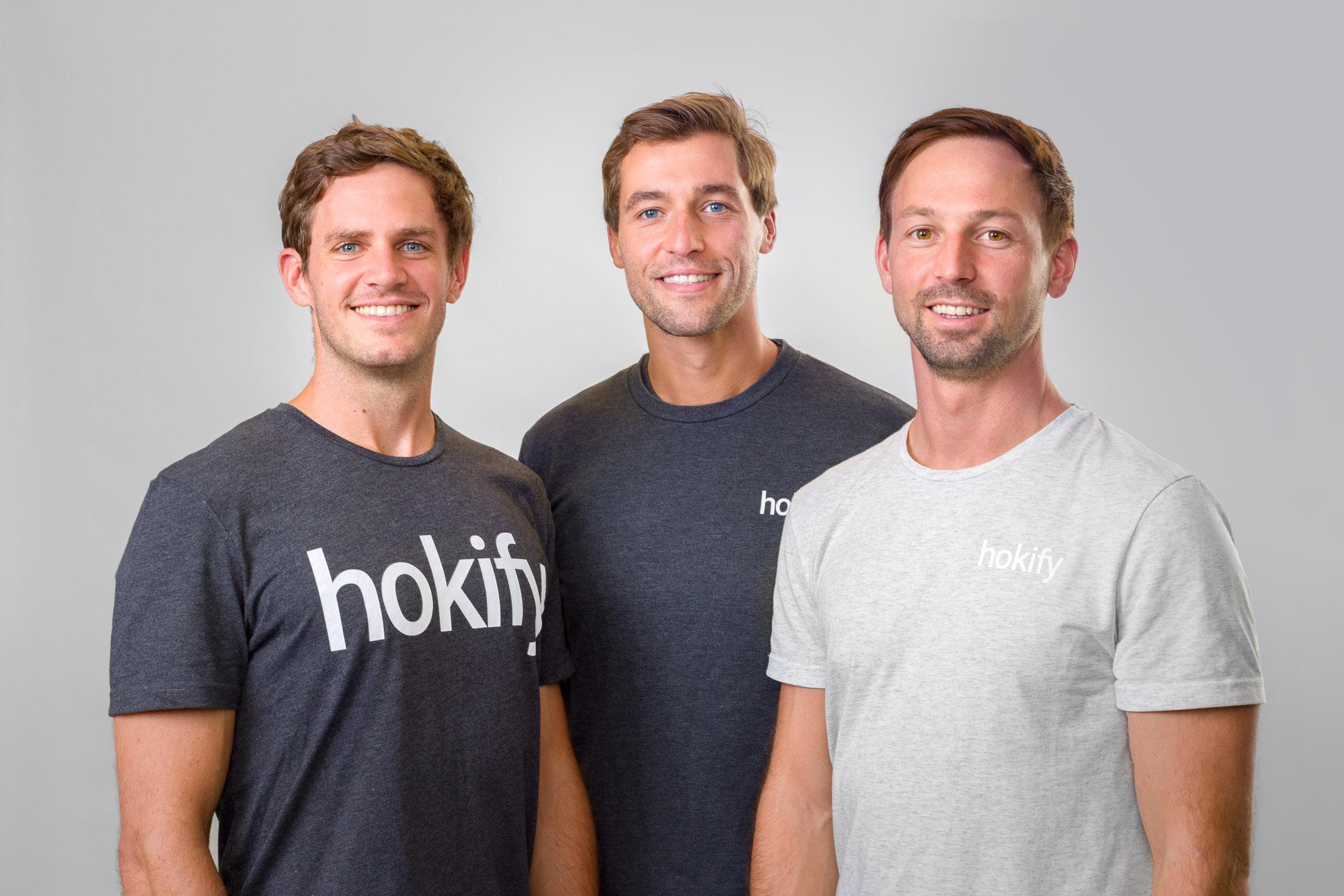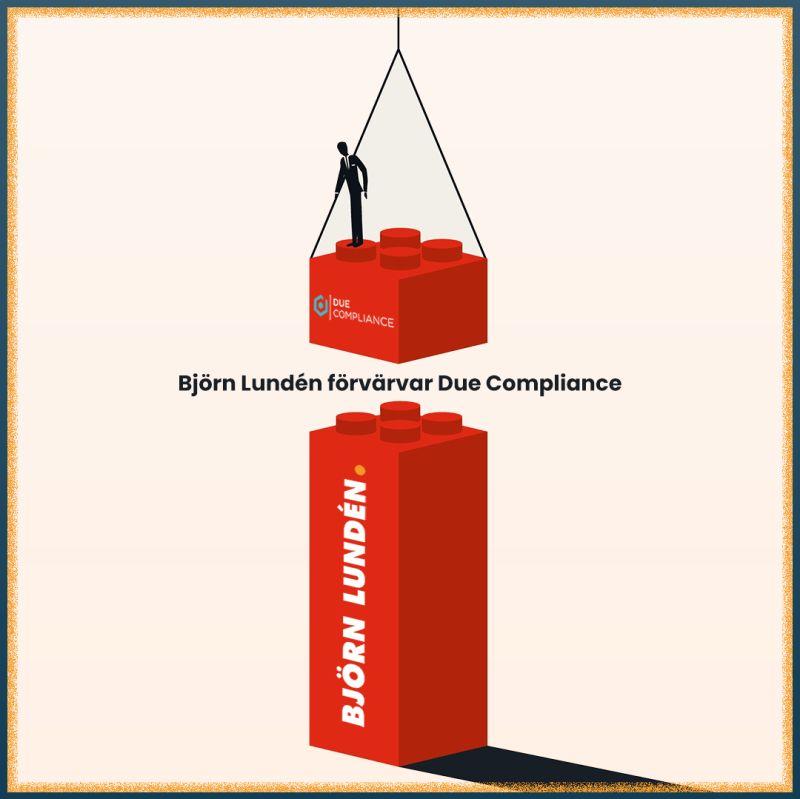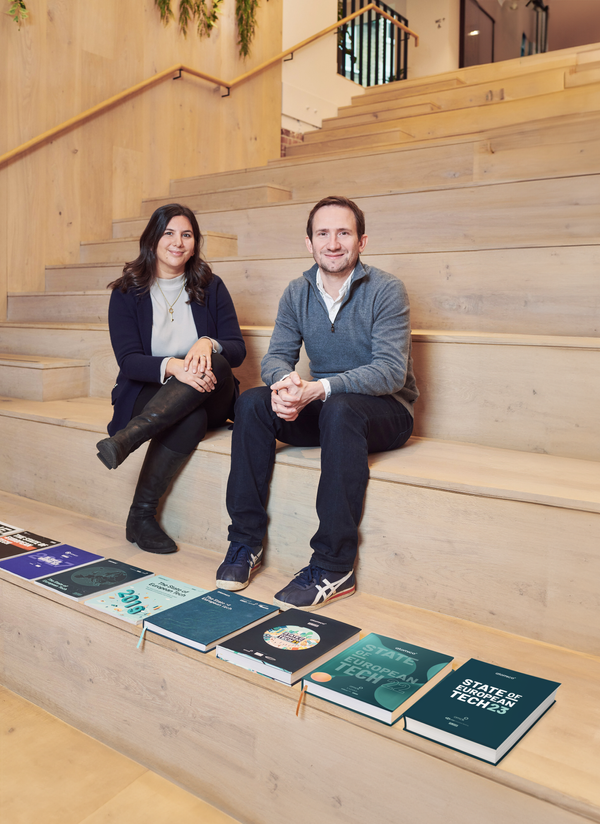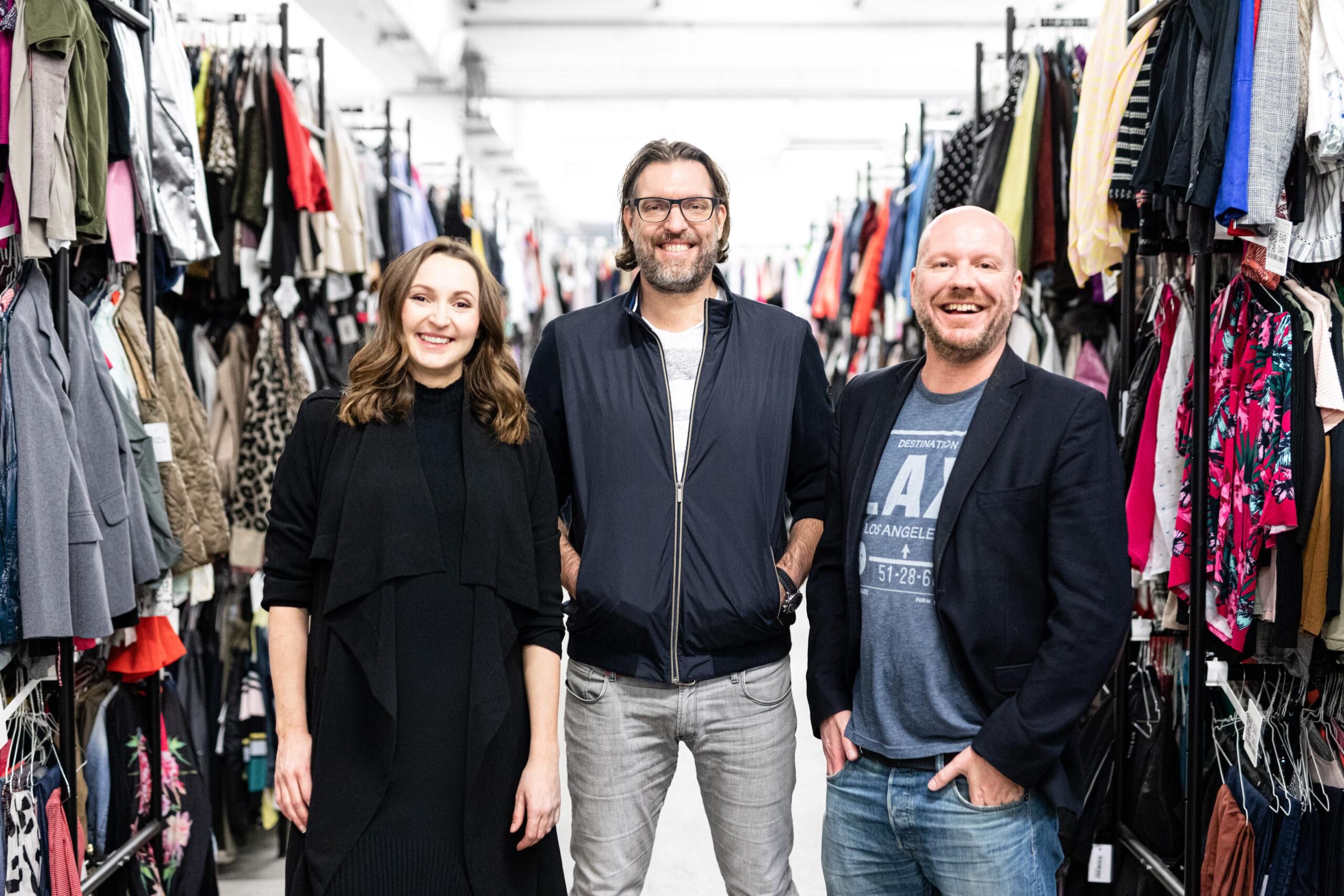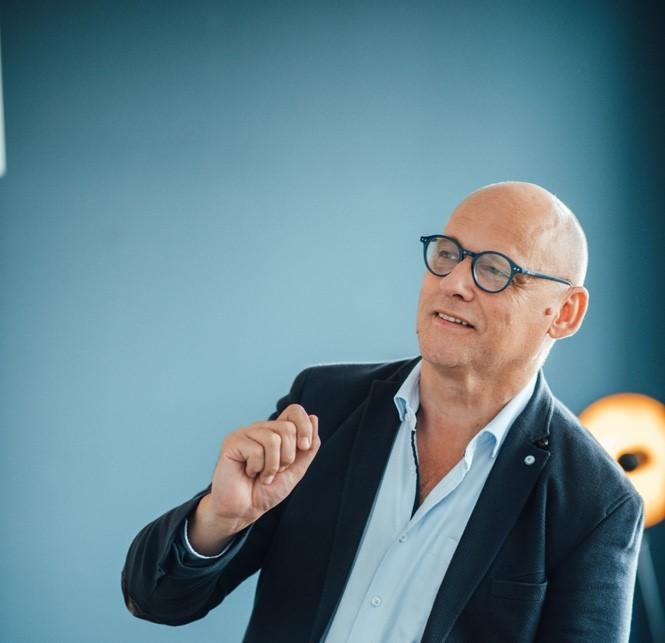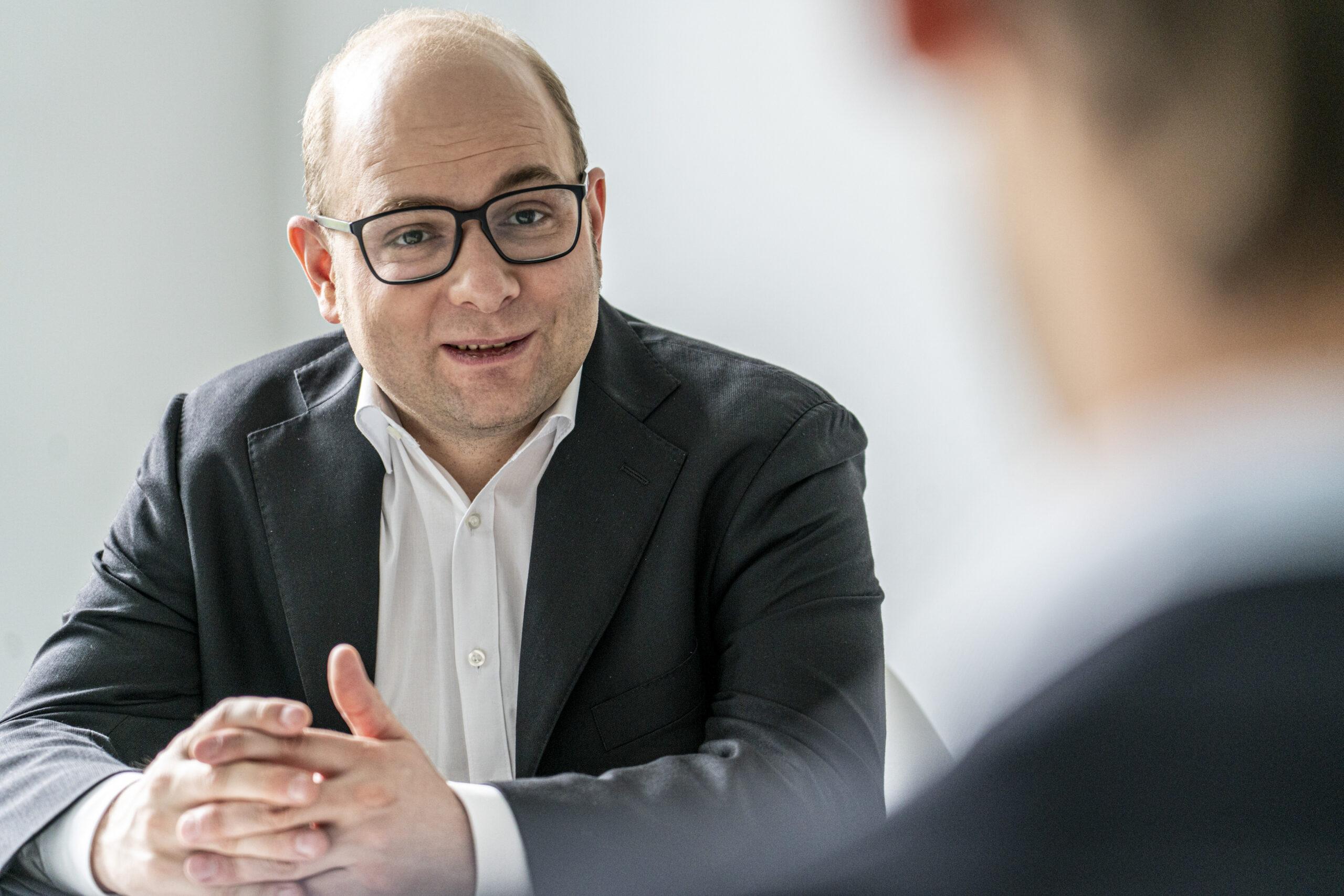Why Evergreen is acquiring Rubarb and Vantik customers

The Leipzig-based start-up is confident that its business model will make it more successful than its former competitors.
This month, Evergreen, the digital asset manager, has gone from strength to strength. First, the Leipzig-based company took over the customers of the insolvent savings ETF service provider Rubarb at the beginning of August - just two weeks later, they closed a similar deal with the fintech Vantik, which was also insolvent. Within a short time, Evergreen thus got around 60,000 potential new customers, 40,000 from Rubarb, 20,000 from Vantik. Of course, not all of them will actually switch to Evergreen. "We expect a conversion rate of ten to 20 percent for existing deposits," says Evergreen CEO Iven Kurz. Currently, he says, they are in the middle of that range, so they are very satisfied.
It is a paradoxical situation: several fintechs have filed for insolvency in recent months, most recently also the crypto manager Nuri. Funding rounds and startups are declining, and the climate seems to be turning gloomy. And Evergreen? Buying heavily. But how sensible is the Leipzig-based firm's strategy of acquiring the customers of failed competitors? And how does it affect Evergreen's business model?
Iven Kurz is an atypical fintech founder. Unlike many others, he has been in the financial business for 20 years, working as an investment advisor for private banking houses Metzler and Lampe, among others. He also drew inspiration for his business model from that time. "We see ourselves primarily as a sustainable asset manager," he says. "The digital offerings like our Robo Advisor are channels through which we bring customers to this offering." He is now opening another channel with customer acquisition from Rubarb and Vantik.
Unfortunately, a cooperation didn't work out
Where Kurz does not want to be seen as the beneficiary of the misfortune of other entrepreneurs. "We approached the founders and the insolvency administrators with an open mind and offered our help," he says. After all, he says, insolvency does not necessarily lead to the dissolution of the company. "We could also have imagined cooperating with them." But that option did not arise. That's how the customer takeovers came about this month. "That was then also in the spirit of the founders, for whom it was important that their customers not suffer from the insolvency."
Evergreen promises customers who switch providers the same conditions as before. Due to the fact that the fintech works together with DAB-Depotbank just like Rubarb and Vantik, the customer transfer should also work relatively smoothly. "In the end, only the intermediary changes," Kurz says. But how useful is it to take over terms from a company that had to file for bankruptcy?
"At Vantik, there was no match between the traditional savings plans and the savings card," Kurz says. And with Rubarb, he says, there simply wasn't any monetization yet. "Rubarb has taken the custodial costs and offered ETFs. There just aren't usually kickbacks for those, unfortunately," he says.
How Evergreen makes money
Add to that the generally difficult state of the money investment market. "For me, it's déjà vu at the moment; I'm thinking of the days of the Neuer Markt," Kurz says. Back then, many people would have quickly turned away from stocks in the face of the crisis. But he also hopes for a kind of cleansing. "A lot of what went under the heading of "stock culture" in recent years had more to do with a casino than asset accumulation," he says. That, he says, is just more of a boring box. But one in which Evergreen could earn good money.
Because the Saxons are pursuing a fundamentally different approach. They didn't take over the Vantik card business, it went to Vivid Money. And the monetization problems at Rubarb? "We don't have them with our products," Kurz is certain. That's because Evergreen distributes its own funds, for which the fintech in turn retains a fee. This is higher than the custody fees at DAB Bank, which Evergreen takes on just like Vantik and Rubarb. "Thanks to this spread, we make money on every customer," Kurz explains.
That's a good thing, too, because it's becoming increasingly apparent that scaling is not so easy, especially with robo-advisor offerings. In the U.S., Wealthfront and Personal Capital had two exits at the beginning of the year that fell short of expectations. One of the main reasons is that robo advisors have difficulty becoming profitable on fees alone. They cannot charge rates that are too high, and some of the strategies that simply combine various ETFs are too simple. However, it is difficult to become profitable on the basis of fees around 25 basis points; it requires a large customer base. Few providers manage this balancing act. Also because established names can steal customers away from them relatively easily. The major bank JP Morgan Chase, for example, now manages $55 billion with its You Invest platform. According to the CEO, this was achieved more or less without any marketing.
Evergreen's plan to earn money not through fees but through fund management could be a good way out of the robo-dilemma. Especially because the market environment could become more uncomfortable in the coming months and years.
FYI: English edition available
Hello my friend, have you been stranded on the German edition of Startbase? At least your browser tells us, that you do not speak German - so maybe you would like to switch to the English edition instead?
FYI: Deutsche Edition verfügbar
Hallo mein Freund, du befindest dich auf der Englischen Edition der Startbase und laut deinem Browser sprichst du eigentlich auch Deutsch. Magst du die Sprache wechseln?










